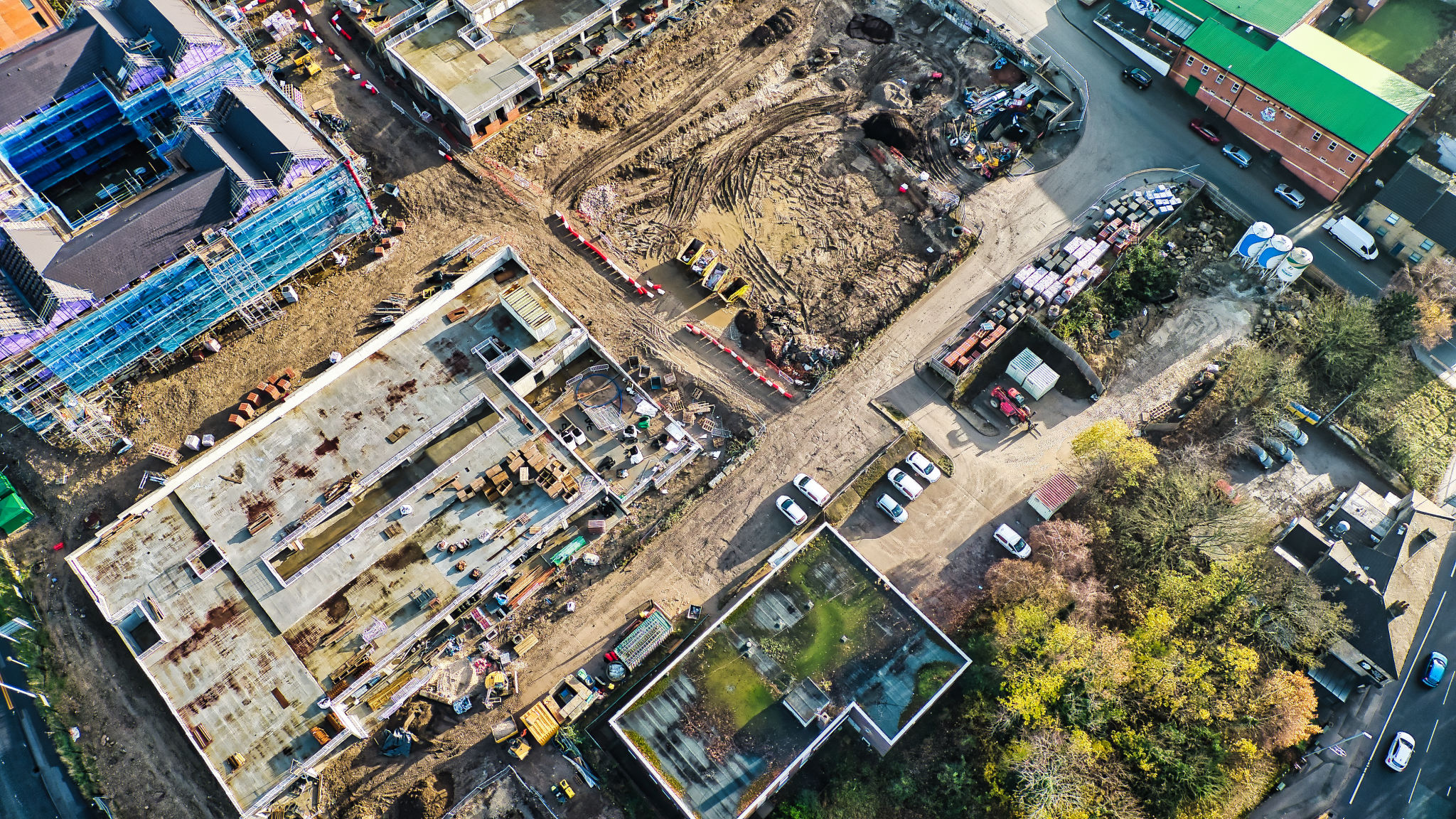Understanding the Land Development Process: From Acquisition to Sale
HW
Introduction to Land Development
Land development is a complex process that involves multiple stages, each requiring careful planning and execution. From acquiring the land to selling the developed property, understanding each phase is crucial for successful projects. Whether you're a seasoned developer or a newcomer to the field, comprehending the land development process can significantly impact your project's outcome.

Phase 1: Land Acquisition
The first step in the land development process is acquiring the right piece of land. This involves identifying potential sites, conducting feasibility studies and understanding zoning regulations. It's essential to perform due diligence to ensure the land meets the project's requirements. Key considerations include location, size, accessibility and market demand in the area.
Acquiring land can be a significant investment, so it's vital to negotiate favorable terms and secure financing if necessary. Engaging with property professionals and legal experts can provide valuable insights and help avoid potential pitfalls during this stage.
Phase 2: Planning and Design
Once the land is acquired, the planning and design phase begins. This stage involves developing a comprehensive plan that outlines the project's scope, including infrastructure, utilities and environmental considerations. Working with architects, engineers, and urban planners is essential to create a design that meets regulatory requirements and aligns with market needs.

During this phase, obtaining the necessary permits and approvals from local authorities is crucial. This may involve public hearings and revisions to the initial design to address any concerns raised by stakeholders. A well-thought-out plan can streamline the subsequent stages of development.
Phase 3: Construction
The construction phase is where the actual development of the land takes place. This includes site preparation, building infrastructure, and constructing buildings or other structures as per the approved plans. Managing construction timelines and budgets is critical to ensure the project stays on track.
Contractors play a significant role in this phase, so selecting reputable professionals and maintaining clear communication is essential. Regular site inspections and quality checks help mitigate risks and ensure compliance with safety standards.

Phase 4: Marketing and Sales
With construction completed, the focus shifts to marketing the developed property. Effective marketing strategies are vital to attracting potential buyers or tenants. This can include online listings, open houses and partnerships with estate agents.
Understanding your target market is key to developing a compelling value proposition. Highlighting unique features and benefits of the property can set it apart from competitors and drive sales.
Conclusion: Finalising the Sale
The final stage of land development involves closing deals and transferring ownership. This requires careful management of legal documentation and coordination with financial institutions. Ensuring a smooth transaction process enhances customer satisfaction and can lead to referrals or repeat business.
Successfully navigating the land development process demands attention to detail, strategic planning and collaboration with industry experts. By understanding each phase from acquisition to sale, developers can increase their chances of delivering profitable projects that meet market needs.